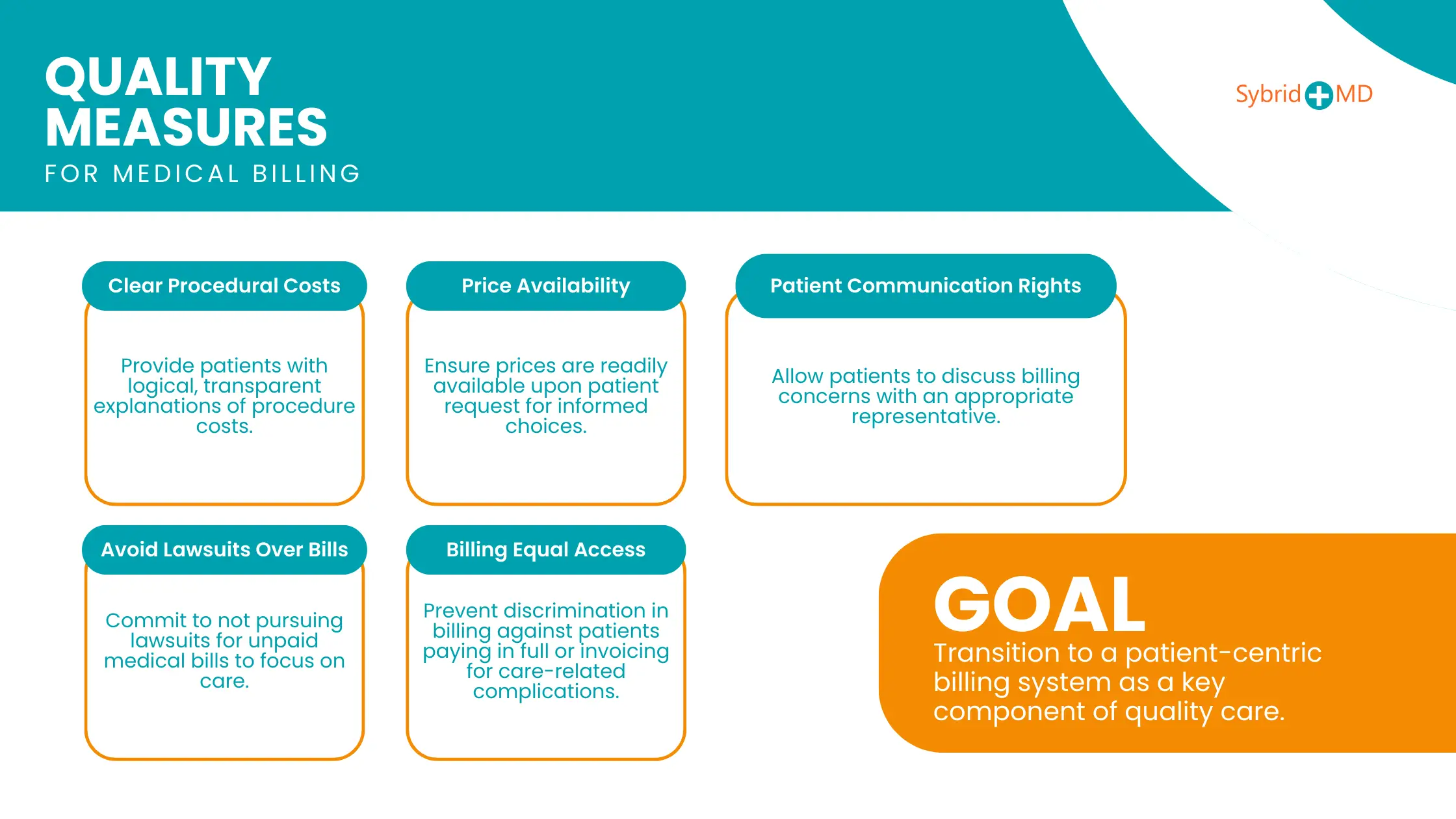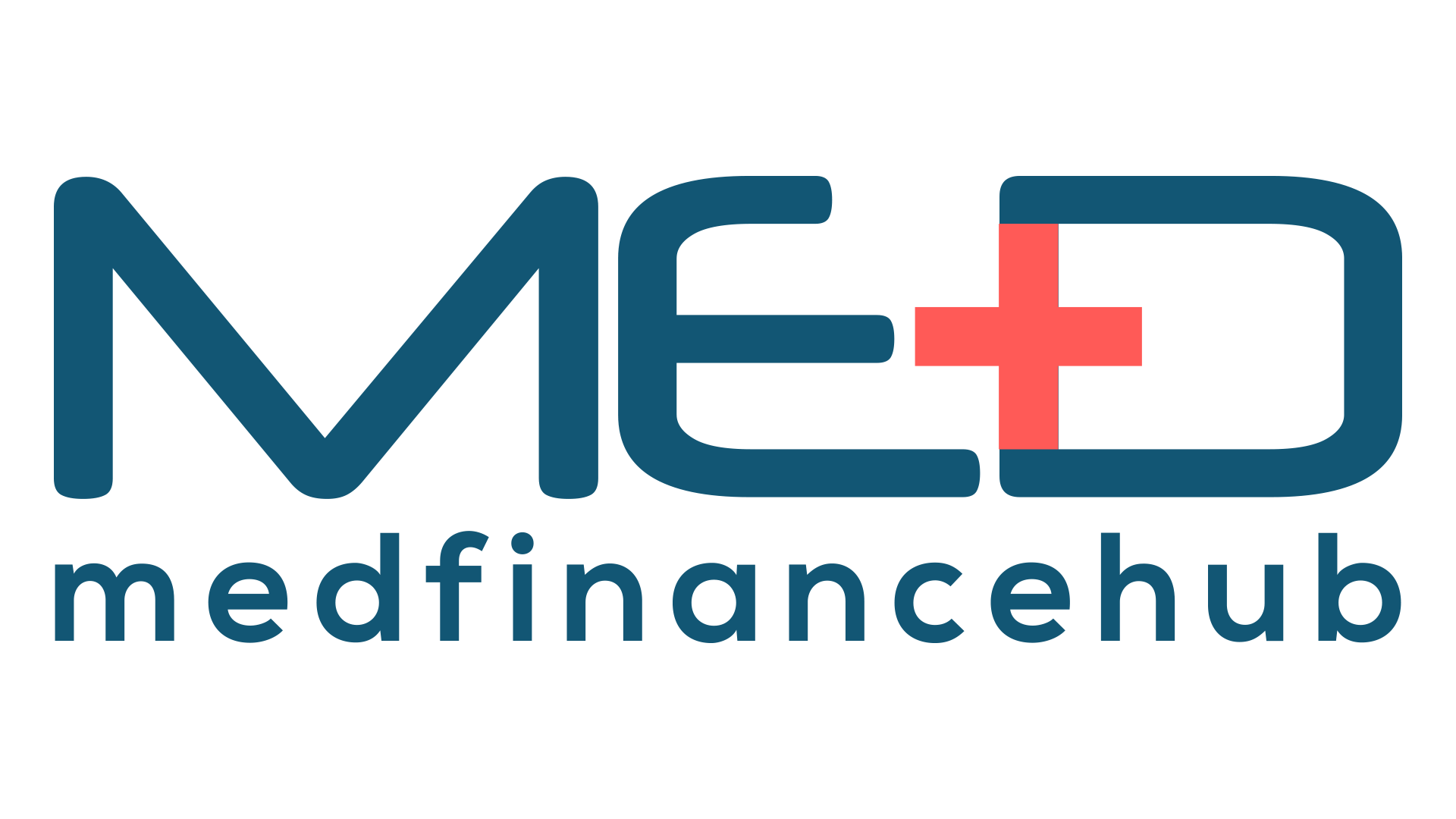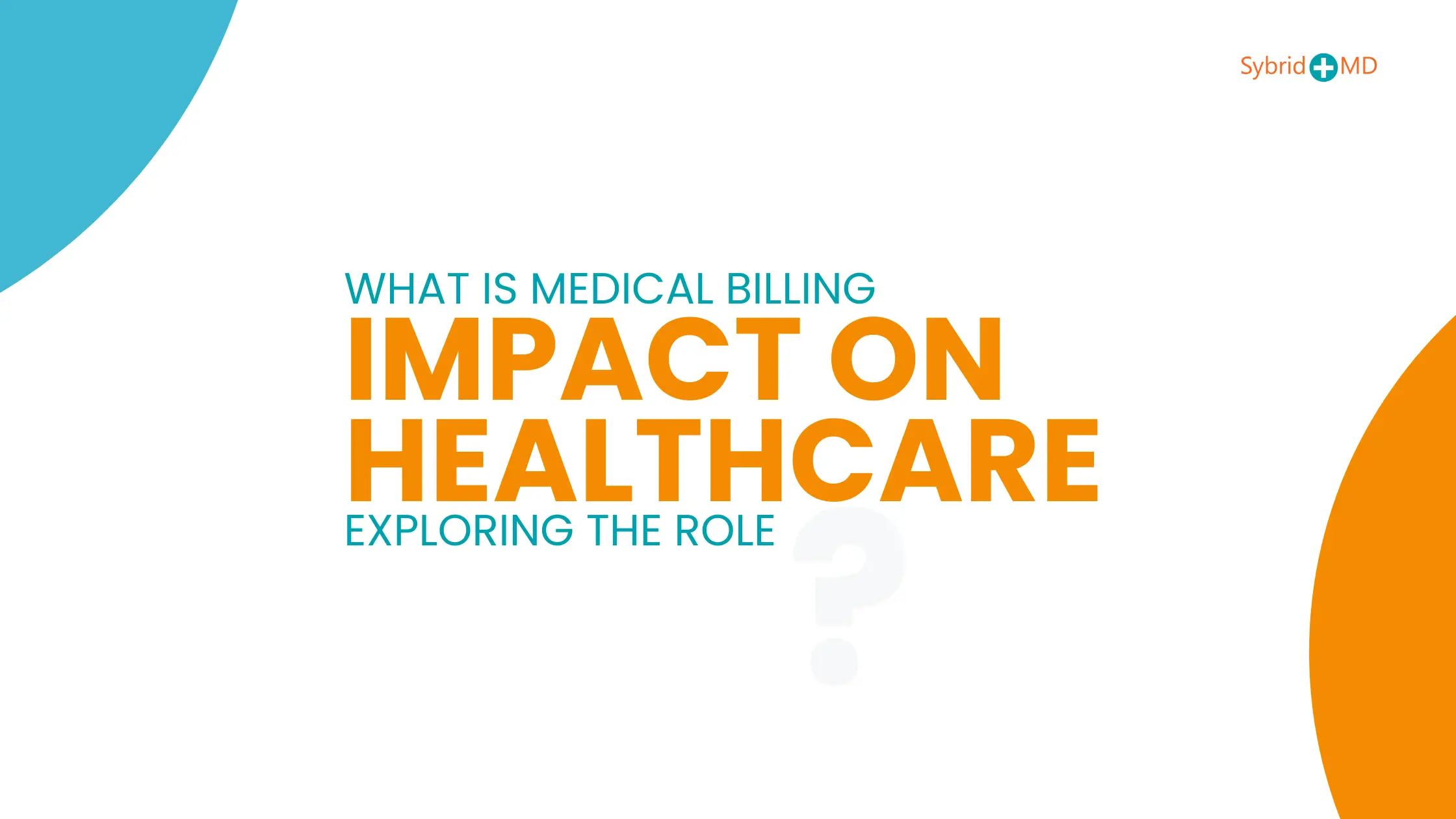Medical billing is an integral part of the healthcare system, connecting providers, patients, and insurance companies. It entails accurately documenting, coding, and submitting claims to make sure medical services are paid in full. From getting providers repaid on time to reducing the burden on patients, medical billing can affect the quality, availability, and cost of care.
Medical billing is essential for medical facilities and hospitals because it allows providers to get the payments on time for their services. But, because of the challenges of medical billing it leads to mistakes which can cost losses, rejections and medical billing fraud charges.
Read More On Medical Billing. Select one for your practice and the right software, and you’ll be billing automatically and having a positive impact on healthcare.
What is Medical Billing Impact on Healthcare?
Medical billing systems are vital to healthcare organizations as they facilitate billing and revenue generation processes. These include record keeping as well as appointment and insurance claims processing for the patients. Without a medical billing system, the providers would be using paper based records, they would not be able to track their patient’s health information.
In billing, there are several coding systems, forms, and standards involved in obtaining accurate and compliant claims. Medical billing has a close association with medical coding, the coding of diagnoses, treatments, and supplies delivered to patients. Medical coding is based on the clinical information from the patient’s record. Healthcare coding and billing cooperate to produce accurate and compliant reimbursements.
Medical Billing And Healthcare Industry
Medical billing is the practice of ensuring that health professionals get paid for their services. It means filling out and submitting claims to insurance companies or patients and seeing that claims until they are paid. Medical billing is an important part of the healthcare revenue cycle, as it has an effect on a healthcare company’s financial viability and sustainability, patient satisfaction and retention, and law-and-regulatory compliance.
Medical billing is a highly complex and dynamic process requiring certain expertise and tools. And it’s a fulfilling and challenging job with room for progression. In healthcare organizations, the correct use of all medical billing systems can make a huge difference in total revenue. Every billing platform for healthcare providers has an application in terms of patient/professional benefit.
Role of billing in patient care
Medical billing directly influences patient care by affecting access to services and treatments. Effective billing processes mean claims are processed quickly – which helps to eliminate delays in care. A billable system, when it runs smoothly, causes patients fewer interruptions in their care and encourages trust in the system. A billing system is highly central in the provision of care because it is responsible for charging, documenting, and reimbursement of healthcare services provided to patients, hence supporting the financial viability of the entities providing healthcare.
Here’s how billing impacts patient care:
1. Facilitating Access to Care
Proper billing enables the patient to receive the right amount to pay and thus avoid unnecessary challenges with the health care providers. In this way, by confirmation of insurance, the billing professionals contribute to the decreasing of time for care delivery. Billing is efficient, which alleviates the administrative load on patients and allows them to spend more time on their health and not their payments.
2. Promoting Transparency
Detailed, itemized billing gives patients an accurate picture of what they will be paying for care and builds confidence and openness.
Patients can be informed of their financial obligations, like co-pays, deductibles, and expenses.
3. Guaranteeing Provider Reimbursement
Correct billing allows healthcare providers to get paid for the services they offer, a factor important in providing quality services. Stable revenue provides confidence to facilities to channel the funds to hire competent staff and purchase enhancing technologies and quality equipment value as it positively impacts patient care.
4. Minimizing Documentation Error
Proper coding of the services and adequate documentation are key determinants of proper billing. This makes sure that patient’s charts are updated, which is very important for the smooth flow of treatment. High-quality revenue also enables facilities to make capital investments in staff, technology, and equipment that directly contribute to patient care.
5. Reducing Errors in Documentation
Billing accurately is dependent on code accuracy and document control. It makes sure patients’ records are up-to-date which helps to keep care consistent. Failure to communicate or bill correctly will cause an issue or denial and delay treatment.
6. Supporting Preventive Care
The billing software that combines with EHRs could alert you to insurance-covered preventive care and remind you to schedule screenings and appointments early. Preventive care helps to detect problems early, thus easing patient financial and emotional stress. For more insights on how these services can influence billing rates and quotes, check our article on determining billing fees, rates, and quotes.
7. Compliance and Legal Protection
Correct billing helps keep your business in line with healthcare regulations and policies, including HIPAA and Medicare. This avoidance of fraudulent or misidentified claims shields providers and patients from monetary penalties.
Impact of Billing Errors on healthcare
Billing mistakes can impact patients and providers to a great extent. Coding errors, duplicate billing, or patient data errors can lead to claim denials, pending reimbursement, and loss of profits. Regarding the patients, such errors can cause some of them to reject insurance coverage and pay additional monetary amounts for availing of their treatment.
At an organizational level, billing errors are associated with ineffectiveness, resulting in higher expenses. From industry analyses, it is evident that billions of dollars are channeled toward billing mistakes annually. These are not only costly for providers but also for the overall healthcare system as the resources are shifted away from what is necessary for patient care.
1. Errors in Medical Billing
Medical billing is unique to the patient, insurer, and sometimes even a procedure, making it impossible for the most efficient medical practice to go through claims without some amount of denial. If your practice is facing severe financial difficulties or losing a great number of patients, it could be due to a lot of costly billing errors. Here are some of the most common medical billing mistakes:
2. Insurance Errors
Since medical insurance is highly competitive in most countries, there are instances where patients find that their coverage has changed from one year to another.
In the very competitive market for medical insurance, patients might see their coverage adjust every year. The first thing the front desk can do is absolutely confirm existing coverage, and make sure that what’s being provided is already covered by the patient’s insurance plan. This needs to be done at every visit, as plans fluctuate and patients may exhaust their year-long coverage.
3. Coding Errors
Increasing the scope of possible coding, doctors are unable to keep billing reports in order. All diagnoses should be coded to the highest code for that code, and the code should correspond to the procedure being performed, but they cannot also be coded more than provided. This is a complicated part of the billing cycle you either need highly trained billing employees who are working from the most current codebook or billing software that’s constantly being updated to accommodate all of the changes that are made by all the different claims processors.
4. Missing or Incomplete Documentation
Documentation is the most important piece of evidence in justifying the medical necessity of the service. Failure to provide the required paperwork will cause your claim to be denied because insurers need specific documentation to justify the services they billed you for. This is typically a result of poor documentation of patient experiences, therapies, and interventions.
Healthcare providers should also take care to properly document every patient experience in order to avoid documentation errors. These include notes about diagnoses, therapies, and anything discussed that is pertinent to patient care. Using EHR systems can help standardize documentation workflows and facilitate accurate, thorough record-keeping. It is also important to teach staff how to properly document things so as to reduce errors.
How Billing Affects Healthcare Providers?
Healthcare providers rely on early, consistent payment to support the cost of delivering their services. Inefficient billing could interrupt revenue, leaving your business with financial problems and service interruptions. For small practices, this is particularly difficult because they don’t have the resources to sustain a financial loss.
Physicians and the administrative staff may spend lots of their useful time listening to billing disagreements, as opposed to administering patient care. Reducing billing pressures can eliminate these demands and free up the providers to focus on providing proper care.
The Connection between Billing and Healthcare Quality
Medical billing plays an important role in the healthcare process, supporting both healthcare providers’ financial stability and patient care. As the industry has evolved to value-based care, the precision and accountability of billing have become all the more important. Medical billing enables healthcare providers to be fairly reimbursed by insurance companies for their services, thereby making it possible to put resources towards technology and human resources as implemented by healthcare providers. When coding correlates with care, healthcare systems can become financially sound, and everyone can afford high-quality care.
Proper medical billing and coding play a crucial role in ensuring legal and ethical compliance, effective healthcare delivery, and financial transparency. Proper billing reduces fraud, ensures that healthcare professionals are properly reimbursed, and helps support the provision of quality care. The transition to value-based care demands billing with a focus on patient outcomes, thorough documentation, and care coordination.
Quality Measures for Medical Billing
Two Johns Hopkins doctors have offered five quality initiatives to streamline medical billing. These policies are intended to improve transparency, give patients accurate cost information, and promote equal billing.
Below are the five proposed quality metrics:
- Defined and Integrated Procedural Costs:
Patients must be given a clear and logical explanation of procedure costs.
- Prices Available Upon Request From Patient:
Prices must be readily available upon request from patients to allow for their choice.
- Rights to Talk With Patients on Billing Issues:
Patients should have the right to talk with an appropriate representative about any billing concerns.
- Avoid Lawsuits over Unpaid Charges:
Healthcare providers must not pursue patients for medical bills that are unpaid, which conflicts with their stated purpose of providing care.
- Billing Equal Access:
Billing should not discriminate against patients who pay in full, and patients shouldn’t be invoiced for care-related complications.
Through these steps, healthcare institutions can shift toward a more patient-centric billing structure that is a critical part of care quality.

Quality Measures for Medical Billing
Financial implications of medical billing
Medical billing entails a similar process known as the revenue cycle in healthcare, which encompasses all the financial processes that a patient goes through, starting from getting an appointment with the doctor all the way to making a payment of their bill.
Medical billing records all the services offered to a patient, including its code and payment, helping to sustain the financial health of the healthcare organization. Medical billing plays a crucial role in the healthcare financial system and has a direct effect on the overall financial health and functioning of a healthcare facility. The impact of medical billing can broadly be divided into revenue, cost, and patient satisfaction.
Revenue Generation
Medical billing should be done accurately and timely in order to guarantee that physicians receive fair reimbursement for the services rendered. This involves converting medical services into transactions via standardized coding and sending it to insurance providers. Effective billing allows healthcare providers to stay on top of their cash flow and funding expenses for salaries and facilities. Inefficient or delayed billing causes cash flow problems and puts healthcare facility’s finances at risk.
Cost Management
Medical billing also contributes to the overall cost management of hospitals. A well-run billing system reduces administrative expenses by avoiding billing mistakes and claims rejections. Automated billing can automate processes, including claim submittals and RCM. By maximizing revenue through efficient billing, healthcare professionals can focus on patient care and investment in new technologies.
However, costly billing errors can result in a loss of millions of dollars. Failure to code or submit claims correctly can result in underpayments or denials, and providers will need to invest additional time and resources to rectify this. This not only impacts the short-term profits but also incurs additional administrative costs and potential legal liabilities.
Final Thoughts
Medical billing is a very complicated and ever-changing industry, requiring specific expertise and tools. It is also an interesting and challenging profession that can be progressed. Medical billing can assist you in streamlining your revenue cycle, increasing the satisfaction of patients, increasing compliance and quality, and overcoming the chaos and variation, mistakes and rejections, and stress and fatigue of the billing cycle.
Billing services can help make your billing workflow easy and profitable. With proper documentation, prompt payment, and regulatory reporting, medical billing assists clinicians in providing effective care. In addition, it enables patients to sort out healthcare costs more easily by creating trust and transparency. With changes in healthcare delivery, medical billing will be central to integrating the administrative aspects of the enterprise with providing patient-focused, high-quality care.

